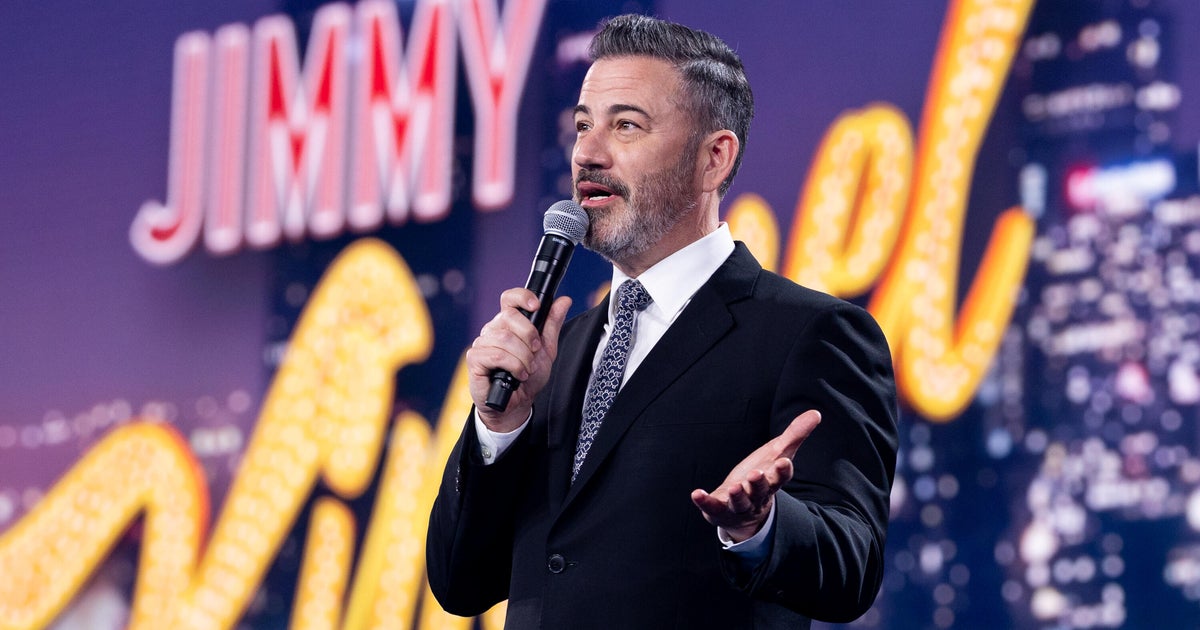Predator: Badlands Dominates Box Office with Record $40M Debut

Predator’s Record Run
The sci-fi action juggernaut “Predator: Badlands” has stormed North American theaters, shattering franchise records with a commanding $40 million domestic debut—far outpacing early projections and easily surpassing the previous high set by 2004’s “Alien vs. Predator”[2][4]. This marks the first major theatrical outing for the franchise since 2018, following digital releases for prequels “Prey” and “Killer of Killers.” Directed by Dan Trachtenberg, the film’s $80 million global opening not only revitalizes the 20th Century and Disney-backed property but also injects fresh excitement into a lackluster autumn box office, snapping a cold streak for cinemas[2][4].
Critical and Audience Acclaim
“Predator: Badlands” arrives with strong reviews, boasting an 85% Rotten Tomatoes score and an “A-” CinemaScore from audiences—the best in the series’ history[4]. Set on a remote, futuristic planet, the film pairs a young Predator with an android researcher, delivering a fresh twist on the classic hunt. With a $105 million budget, it’s the most expensive entry yet, but early returns suggest the risk is paying off. The PG-13 rating broadens its appeal, while franchise crossovers and Trachtenberg’s creative vision have clearly resonated with both longtime fans and newcomers[3][4].
Industry Implications
This breakout performance signals that well-crafted franchise reboots can still dominate the multiplex, even in a challenging market. “Predator: Badlands” has not only set a new benchmark for the series but also demonstrated the enduring power of sci-fi spectacle when paired with critical and audience goodwill. As Hollywood eyes future sequels, the film’s success offers a blueprint for revitalizing legacy properties with bold storytelling and cinematic ambition[2][4].
About the Organizations Mentioned
Rotten Tomatoes
Rotten Tomatoes, founded in 1998 by Senh Duong, Stephen Wang, and Patrick Lee, began as a hobby project to aggregate movie reviews in one accessible place. Inspired by Duong’s difficulty finding reviews for Jackie Chan films, the site launched with a simple but revolutionary concept: collecting both positive and negative reviews, using a “Fresh” or “Rotten” rating system, and calculating a Tomatometer score based on the percentage of positive reviews. The name itself was inspired by the 1992 film “Léolo,” and the site’s core elements—Fresh/Rotten icons, review quotes, and the Tomatometer—were present from the start. Originally developed within their web design firm, Design Reactor, the founders quickly realized the site’s potential and transitioned it into a full-fledged business. After raising initial funding, they focused entirely on Rotten Tomatoes, which soon became a go-to resource for moviegoers and industry professionals alike. The site’s influence grew with the introduction of the “Certified Fresh” rating in 2004, a distinction for films with consistently high scores and a minimum number of reviews from top critics. Rotten Tomatoes has undergone several ownership changes, including acquisitions by IGN Entertainment and later Fandango, a unit of Fandango Media. The company generates revenue through advertising and by licensing its ratings and icons to digital retailers like iTunes and Netflix. Over the years, it has expanded to include TV reviews, original content, and live events, solidifying its status as an industry standard. Today, Rotten Tomatoes is known for its comprehensive curation of reviews, its impact on box office performance, and its role in shaping public opinion about movies and TV shows. Its journey from a Bay Area startup to a major player in entertainment reflects the power of innovative ideas and strategic growth in the digital age.
CinemaScore
CinemaScore is a Las Vegas-based American market research firm specializing in gauging movie audience reactions to new film releases through real-time polling. Founded in 1979 by Ed Mintz, a mathematician and entrepreneur, the company was born from Mintz’s desire to capture ordinary viewers’ opinions rather than critics’ reviews after a disappointing theater experience. CinemaScore surveys typically involve polling 400–500 moviegoers on opening night across multiple North American cities, using a simple A+ to F letter grade system to capture their immediate reactions. This data helps studios forecast box office performance and gauge marketing effectiveness[1][2]. Initially reporting results directly to consumers via media outlets, CinemaScore shifted in 1989 to selling its audience reaction data exclusively to film studios, becoming a trusted tool within Hollywood for evaluating film appeal and guiding marketing adjustments. Its polling method involves distributing physical ballots to viewers exiting theaters, who rate the film and provide demographic data. The quick turnaround of results—delivered the same night—enables studios to make timely decisions about promotional strategies for subsequent weekends[1][2][4]. Over more than four decades, CinemaScore has become an influential industry benchmark. Only 52 films have earned the coveted A+ grade, including notable Oscar winners and box office hits such as *The Help*, *E.T.*, and *The King’s Speech*. An A or A- grade typically signals strong word-of-mouth and box office longevity, while lower grades often predict steep drop-offs in attendance. Despite its industry prominence, CinemaScore maintains a relatively low public profile, with a primarily B2B focus and limited direct consumer outreach[1][4]. While some critics question the company's transparency and the interpretive value of its scores, industry executives emphasize that CinemaScore measures *audience expectation fulfillment*—a key factor in a film’s commercial success. The organization’s unique blend of statistical rigor, rapid data collection, and direct audience engagement makes it a vital tool at the intersection o
20th Century
I don't have specific information about an organization called "20th Century" in the provided search results. The search results primarily discuss organizational structures and management practices during the twentieth century as a historical period, rather than a specific organization with that name. To provide you with an accurate and comprehensive summary, I would need clarification on which organization you're referring to. There are several possibilities: - **20th Century Fox** - the entertainment and film production company (now part of Disney) - **20th Century Insurance** - an insurance provider - **20th Century Technologies** - a tech company - Another specific business or nonprofit with "20th Century" in its name If you could specify which organization you're interested in learning about, I'd be happy to provide detailed information about its operations, history, achievements, and current status. Alternatively, if you're looking for information about how organizational structures evolved during the 1900s in general, the search results do contain relevant historical context about that topic. Please provide the full name or additional context about the organization, and I'll deliver a comprehensive 300-word summary tailored to your needs.
Disney
The Walt Disney Company is a renowned American multinational mass media and entertainment conglomerate headquartered in Burbank, California. Founded on October 16, 1923, by Walt and Roy Disney as the **Disney Brothers Cartoon Studio**, it has evolved into a global leader in entertainment, technology, and innovation. ## History and Achievements Disney's rise to fame began with the introduction of **Mickey Mouse** in the 1928 short film *Steamboat Willie*, marking the first post-produced sound cartoon. Over the years, the company diversified into live-action films, television, and theme parks. The **Disney Renaissance** period from 1989 to 1999, led by CEO Michael Eisner, revitalized the company's animation sector. Notable acquisitions include **Pixar** (2006), **Marvel Entertainment** (2009), **Lucasfilm** (2012), and **21st Century Fox** (2019), further solidifying Disney's position as a major entertainment conglomerate. ## Current Status Today, Disney is a powerhouse in the media and entertainment industry, with a significant presence in film production, television networks, theme parks, and streaming services like **Disney+**. The company's revenue has consistently grown, with a notable increase to $91.36 billion in 2024, driven largely by its media and entertainment segment[5]. Despite leadership changes, including the reinstatement of Bob Iger as CEO in 2022, Disney continues to innovate and expand its offerings. ## Notable Aspects - **Innovation and Technology**: Disney has been at the forefront of technological advancements, integrating innovative storytelling with cutting-edge technology in its films and theme parks. - **Global Reach**: With operations spanning across the globe, Disney's brand is recognized and celebrated worldwide. - **Corporate Social Responsibility**: Disney emphasizes social responsibility through environmental protection and community engagement initiatives[1]. - **Future Projects**: Upcoming projects, such as *Moana 2* in

















